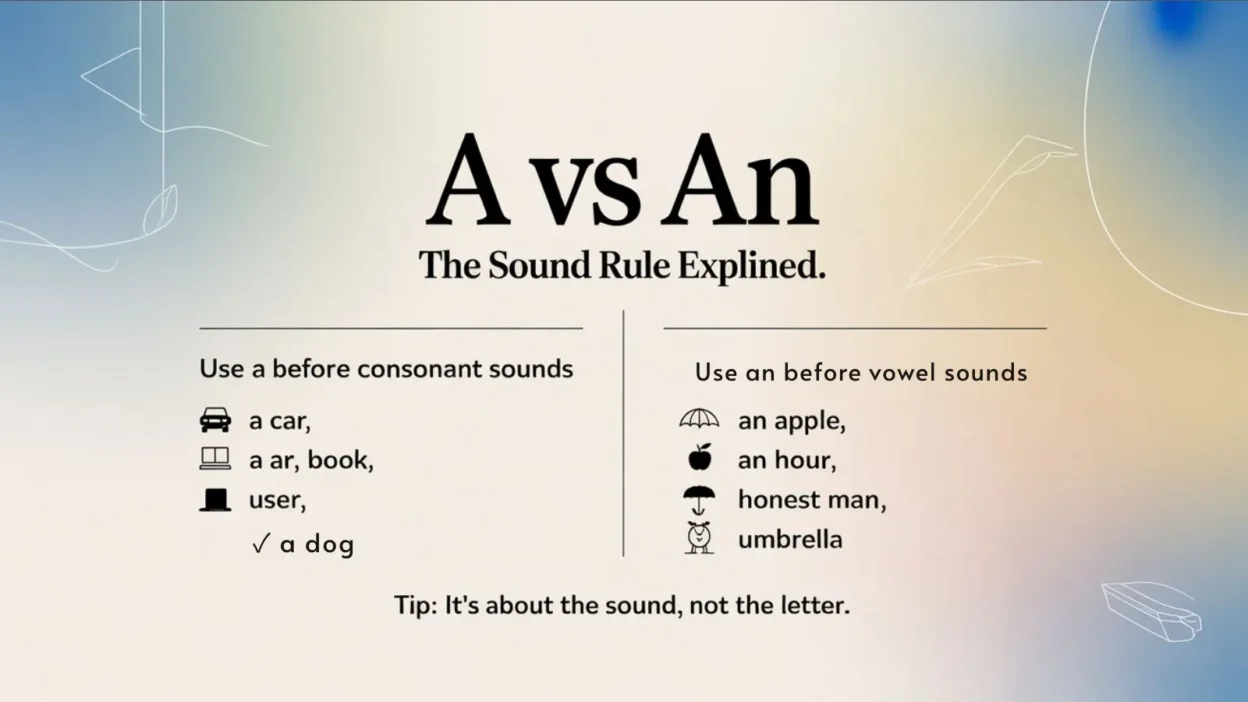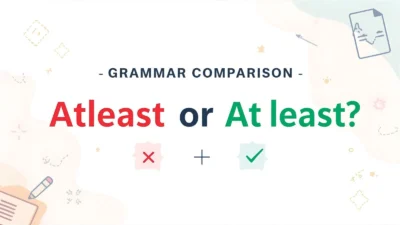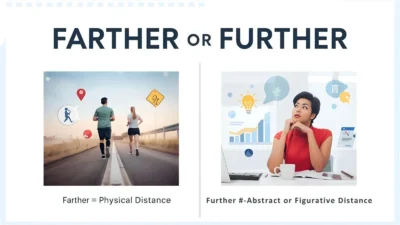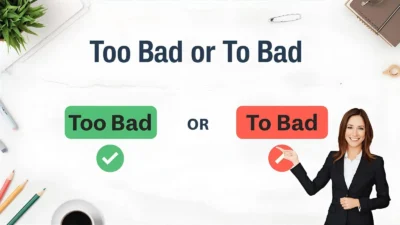Ever paused mid-sentence thinking, “Is it an apple or a apple?” 😅 You’re not alone—I’ve been there too!
The “an or a” confusion trips up even confident writers. But here’s the secret: it’s not about spelling—it’s all about sound.
In this quick guide, I’ll show you exactly when to use “a” and when to use “an” (with easy examples you’ll remember forever).
So, if you want to write with confidence and sound fluent, let’s finally master “an or a” once and for all! 🚀
An or A – Quick Answer ✅
Use “a” before words that begin with a consonant sound and “an” before words that begin with a vowel sound—not necessarily a vowel letter.
Examples:
- ✅ a car, a dog, a university (sounds like you-niversity)
- ✅ an apple, an hour, an honest person
Quick Tip: It’s the sound that counts! “An hour” is correct because “hour” starts with a silent h and sounds like “our.”
The Origin of “An or A” 📜
Both “a” and “an” come from the Old English word “ān,” meaning “one.” Over time, “ān” evolved into “an” and later shortened to “a” before consonant sounds to make speech smoother.
In Middle English, people said “an car” or “an dog” because pronunciation rules were looser. Gradually, speakers dropped the “n” before consonant sounds for easier flow, creating the distinction we use today.
So, it’s not random—it’s the result of centuries of natural speech evolution!
British English vs American English Spelling 🇬🇧🇺🇸
There’s no major spelling difference between British and American English for “a” and “an.” However, pronunciation differences can sometimes change which article feels more natural.
| Example Word | British Usage | American Usage | Explanation |
|---|---|---|---|
| a university | ✅ a university | ✅ a university | Both pronounce “u” as you |
| an herb | ❌ a herb | ✅ an herb | Americans drop the “h” sound |
| a historic event | ✅ a historic event | ✅/❌ an historic event (archaic) | Some Americans use “an historic” for emphasis |
Summary: The choice depends on sound, not spelling—and pronunciation differences may cause slight variations.
Which Should You Use? 🌍
Here’s how to choose based on your audience:
- For US readers: Follow the sound rule strictly. Americans say “an herb” because they don’t pronounce the “h.”
- For UK/Commonwealth readers: Use “a herb,” as the “h” is pronounced.
- For international writing: Stick with the sound-based rule—it’s universally correct and accepted.
In short: always listen to how the word sounds aloud, not how it looks on paper.
Common Mistakes with “An or A” ⚠️
- ❌ An university → ✅ A university
- ❌ A honest man → ✅ An honest man
- ❌ An European country → ✅ A European country
- ❌ A hour late → ✅ An hour late
- ❌ An one-time offer → ✅ A one-time offer
Rule Reminder:
✔️ “An” before vowel sounds
✔️ “A” before consonant sounds
“An or A” in Everyday Examples ✉️
You’ll see both used across writing styles:
📧 In Emails:
- “I had a unique idea for the project.”
- “Please submit an updated report by Friday.”
📰 In News Headlines:
- “An unexpected storm hits the coast.”
- “A historic decision changes the country’s future.”
💬 On Social Media:
- “Just had an amazing weekend!”
- “Bought a useful new gadget.”
📚 In Formal Writing:
- “A university study found new evidence.”
- “An hour was dedicated to discussion.”
“An or A” – Google Trends & Usage Data 📊
Globally, people search for “an or a” thousands of times monthly—especially from non-native English-speaking countries like India, Pakistan, and the Philippines.
According to Google Trends, searches peak during exam seasons and in grammar-learning communities.
| Country | Interest Level | Common Context |
|---|---|---|
| United States | 🔹 Medium | ESL learning |
| United Kingdom | 🔸 Low | Native fluency |
| India | 🔹 High | Grammar study |
| Philippines | 🔹 High | English writing practice |
| Nigeria | 🔹 High | Academic exams |
Insight: Learners search to confirm correct usage before publishing, emailing, or posting online.
Comparison Table: “A” vs “An” 📘
| Article | Used Before | Examples | Sound Rule |
|---|---|---|---|
| A | Consonant sounds | a car, a dog, a user | /k/, /d/, /j/ |
| An | Vowel sounds | an apple, an hour, an honest man | /æ/, /aʊ/, /ɒ/ |
FAQs:
1. Do we use “an” before silent letters?
✅ Yes. Example: “an hour,” “an honor,” because the “h” is silent.
2. Can “an” come before words starting with a consonant letter?
✅ Yes, if it sounds like a vowel. Example: “an MBA” (pronounced em-bee-ay).
3. Is it “a unicorn” or “an unicorn”?
✅ “A unicorn,” because it sounds like you-nicorn (consonant sound).
4. Is it “a or an historical”?
✅ Both are seen, but “a historical” is preferred in modern English.
5. Why is it “an honest person”?
Because the “h” in “honest” is silent—it starts with a vowel sound.
6. Can I say “an euro”?
❌ No. It’s “a euro” because it sounds like you-ro.
7. Does accent change usage?
Sometimes, yes—especially between British and American English (e.g., “a herb” vs “an herb”).
Conclusion 🌟
Choosing between “a” and “an” doesn’t have to be confusing. Just remember this simple rule: it’s based on sound, not spelling. Whether you’re writing an essay, an email, or a social post, listen to how the word starts.
If it begins with a vowel sound, use “an.”
If it begins with a consonant sound, use “a.”
This timeless rule applies across English dialects, so follow your ears and you’ll always be grammatically correct!



